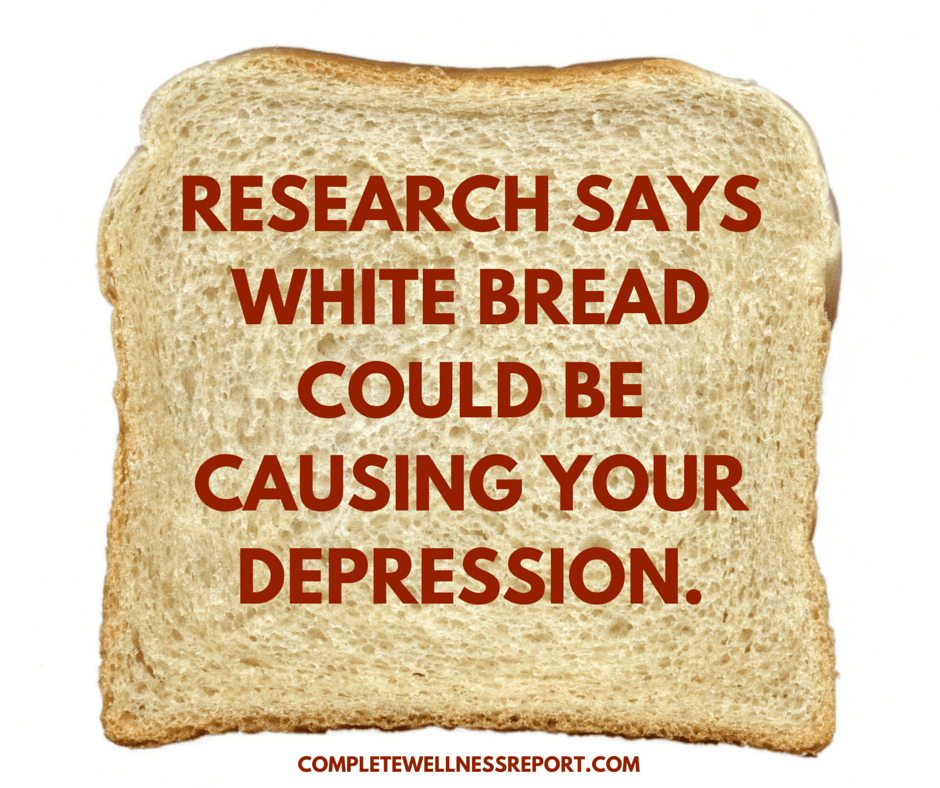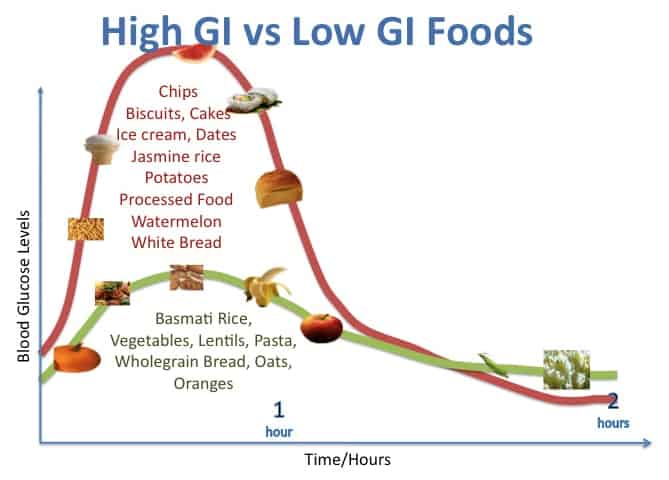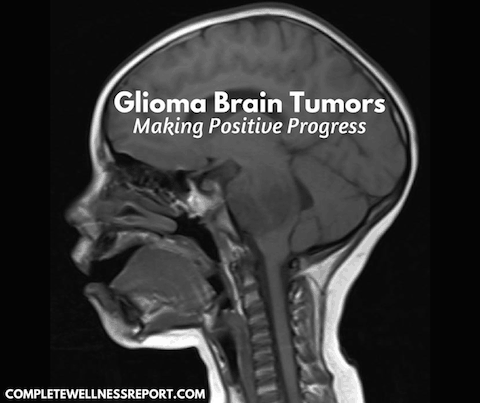New Research Says Eating White Bread Can Cause Depression
 Are You Depressed? Check Your Diet…
Are You Depressed? Check Your Diet…
A recent study published by the American Journal of Clinical Nutrition found that white bread and pasta may be linked to an increased risk of depression. It is already an established fact that white bread, pasta, and rice are bad for the waistline, and now after seeing this research, you might want to cut down on your consumption to prevent depression.
The researchers looked at data collected from approximately 70,000 women who participated in the National Institute of Health’s women’s health initiatives during 1994 to 1998. It was observed that the more women (older women) consumed added sugars and refined grains, the higher their score on the glycemic index.
Glycemic index (GI) measures the rate at which carbohydrates are broken down and absorbed by the body. The higher a person scores on the Glycemic index, the more they are at risk of new-onset depression.
Essentially, when people consume carbohydrates their blood sugar level goes up to varying degrees. The glycemic index is measured on a scale of 1 to 100 and measures the amount of sugar found in the blood after eating carbohydrates. It is observed that the more highly refined the carbohydrate is, the higher it scores on the GI scale. Highly refined foods such as white bread or white rice may trigger a hormonal response in the body in order to control or reduce blood sugar levels. This response may cause or exacerbate mood changes or fatigue, or lead to other symptoms of depression.
 High Fiber Diets Decrease Risk of Depression
High Fiber Diets Decrease Risk of Depression
A clear link has been established between a high GI score, consumptions of added sugar and refined grains with the increased risk of depression in women. It is also observed that diets packed with fiber, vegetables, and whole grains led to a decreased risk of depression. According to the researchers, more research needs to be done to explore the potential implications for treatment and prevention to see if a similar effect can also be observed in the broader population. Dr James Gangwisch from Columbia University suggested that dietary intervention could serve as a treatment and preventive measure for depression.
The “Food Coma” Feeling
The study also inadvertently highlighted another potential mechanism through which GI foods could even trigger mental illness. After consumption of any type of carbohydrate, sugar level spike; how quickly or how large the sugar spike greatly depends on the type of carbohydrate consumed, the more refined the carbohydrate, the more GI the foods will have. A sudden spike in blood sugar triggers a hormonal response in the body to bring this spike down. This creates the feeling of “food coma” after you have a heavy meal. Unfortunately, this sugar crash may cause some people to feel terrible. The good news is that researchers are looking at possible ways to identify cooking methods that will lower the GI of foods like white bread, pasta, and rice.
Which Carbohydrates To Avoid
It’s an obvious fact that the American diet is laden with refined carbohydrates. If you look puzzled, here are some examples to help you understand: white bread, crackers, cookies, sugary cereals, and bread rolls are all excellent examples of refined carbohydrates.
With this said, not all carbohydrates are ultimately bad. In fact, many of the foods that are loaded with carbohydrates are incredibly good for your health. They are overflowing with essential nutrients and minerals that your body needs to function optimally, while on the other hand, there are refined carbohydrates that are ripped of all their essential nutrients and fiber.
Refined carbs are also known as simple carbs or processed carbs. There are mainly two types of refined carbs:
- Sugars – These are refined sugars such as high fructose corn syrups, agave syrups, processed sugars and sucrose.
- Refined grains – Highly processed grains have little or no fiber and no nutrients. Unfortunately, the biggest source of white flour is made from refined wheat.
Since refined carbohydrates are stripped of almost all fibers, vitamins and minerals, they are also considered as an “empty” calorie. Refined carbohydrates are quick to digest and overeating can increase your risk of developing a disease, as they can lead to sudden spike in blood sugar and insulin levels.
Good Carbohydrates: Whole Grains
Not all carbohydrates are bad. For example, whole grains are high in dietary fiber and are extremely healthy. Whole grains are a great source of fiber, vitamins, minerals and various beneficial plant-based compounds. Healthy sources of carbohydrates include fruits, legumes, vegetables, root vegetables, and whole grains such as oats and barley. To maintain optimal weight you should aim to get your majority of carbs from whole and single ingredients foods.
Reader – Will you be reducing the amount of added sugars and refined grains in your diet after reading this?
Thank you for reading the Complete Wellness Report. We look forward to hearing your thoughts on our Facebook page.
Next Read: Drink Wine or Take Aspirin Daily? – Learn How Resveratrol Reduces Blood Clot Risk

 Are You Depressed? Check Your Diet…
Are You Depressed? Check Your Diet… High Fiber Diets Decrease Risk of Depression
High Fiber Diets Decrease Risk of Depression
